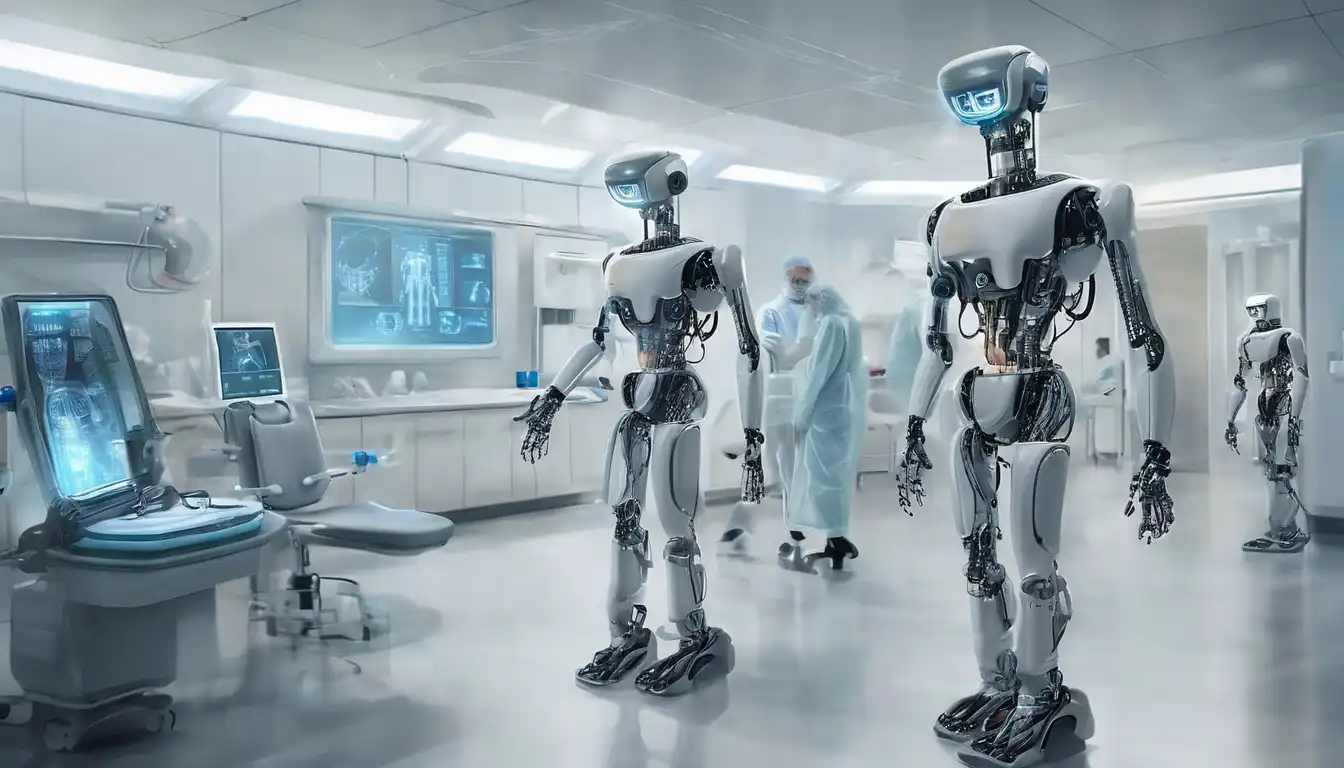The Next Era of Robotics in Healthcare
The integration of robotics into healthcare is transforming patient care, surgical procedures, and rehabilitation processes. This technological advancement is not just a glimpse into the future; it's a reality that's improving lives today. From robotic surgery to automated patient monitoring systems, the potential for robotics in healthcare is boundless.
Robotic Surgery: Precision and Efficiency
One of the most significant advancements in healthcare robotics is in the field of surgery. Robotic surgical systems, such as the da Vinci Surgical System, allow surgeons to perform complex procedures with more precision, flexibility, and control than traditional techniques. These systems reduce the risk of complications, minimize pain and blood loss, and lead to quicker recovery times for patients.
Automated Patient Monitoring
Robotics also plays a crucial role in patient monitoring. Automated systems can track vital signs, administer medication, and even alert healthcare providers to potential issues before they become critical. This not only improves patient outcomes but also alleviates the workload on medical staff, allowing them to focus on more critical tasks.
Rehabilitation Robotics
Rehabilitation robotics is another area where technology is making a significant impact. Devices such as exoskeletons and robotic prosthetics are helping patients regain mobility and independence after injuries or strokes. These innovations are not only improving the quality of life for individuals but are also reducing the long-term costs associated with rehabilitation.
The Future of Robotics in Healthcare
As technology continues to evolve, the future of robotics in healthcare looks promising. Innovations such as nanorobots for targeted drug delivery and AI-driven diagnostic tools are on the horizon. These advancements could revolutionize how we approach disease treatment and prevention, making healthcare more personalized and effective.
For more insights into how technology is shaping the future of healthcare, explore our technology in healthcare section.
Challenges and Considerations
Despite the potential benefits, the integration of robotics into healthcare comes with challenges. Issues such as high costs, the need for specialized training, and ethical considerations must be addressed. However, with ongoing research and development, these obstacles can be overcome, paving the way for a new era in healthcare.
In conclusion, the future of robotics in healthcare is bright, with the potential to improve patient care, enhance surgical precision, and revolutionize rehabilitation. As we continue to explore the possibilities, it's clear that robotics will play a pivotal role in shaping the future of healthcare.
